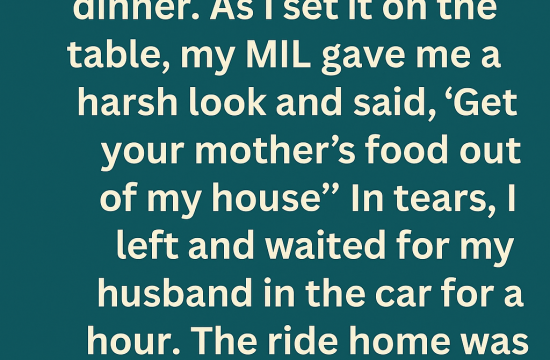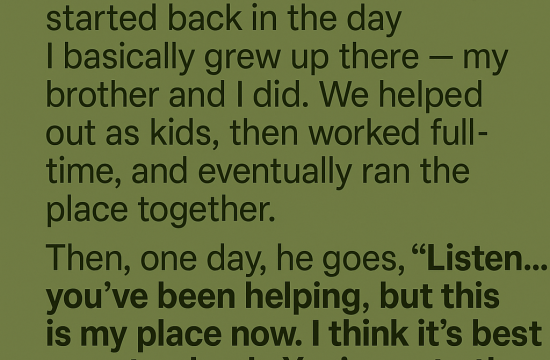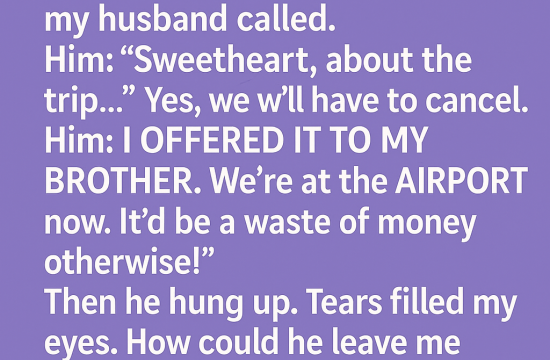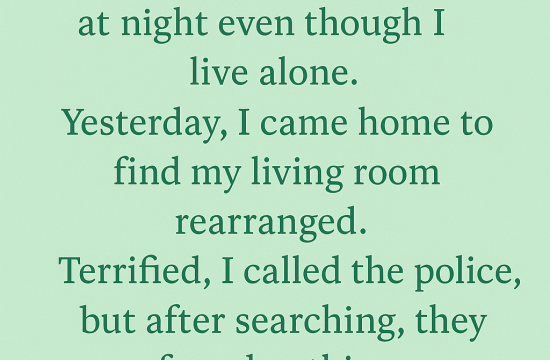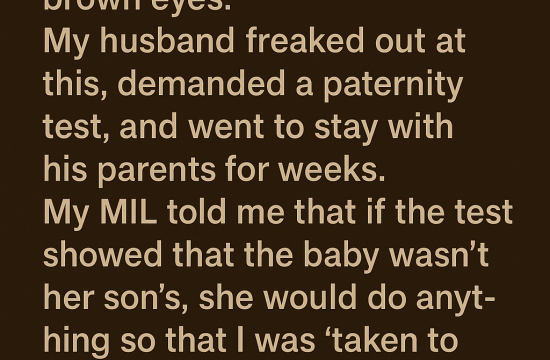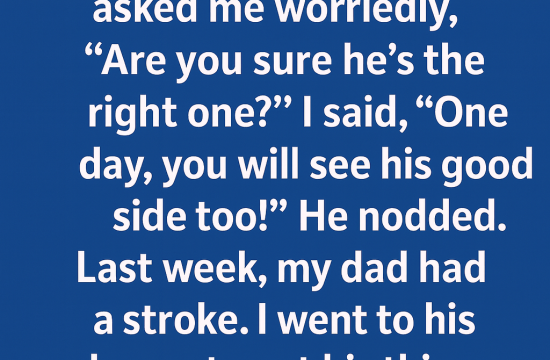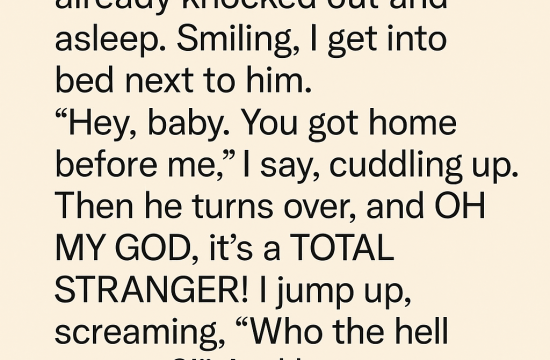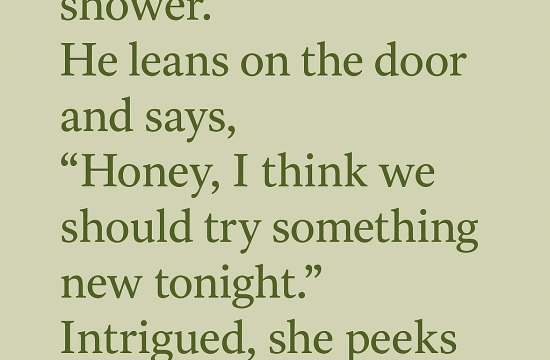I searched for her, but she was already gone. Thankfully, I always keep an EpiPen nearby, and after I injected my son, he slowly began to recover. Those hours felt like years. I sat on the bathroom floor holding him, praying for his breathing to steady.
That night, I told my husband I never wanted to see his daughter again. He insisted she was “just a teenager” who didn’t understand the seriousness of her actions. He said he’d spoken to her and begged me to forgive her—but I couldn’t. Not after watching our child claw at his throat, gasping for air.
I tried to sleep, but my body was still on high alert.
At 2 a.m., I woke up and noticed my husband wasn’t beside me.
Then I heard a scream.
A raw, terrified scream.
It was coming from our 7-year-old son’s room.
I sprinted there—and froze.
My little boy was on the floor, his lips pale, his face blotchy, his breathing labored. He was covered in chocolate—sticky smears across his pajamas and hands. Beside him lay a half-eaten chocolate cake decorated with crushed peanuts.
My husband was kneeling next to him, sobbing, shaking his shoulders, begging him to wake up.
I dropped to my knees, adrenaline taking over. I grabbed the EpiPen from his nightstand—thank God I always keep a spare in every room—and injected him while my husband called 911 with trembling hands.
When the paramedics arrived, they worked on our son with practiced urgency. I stood there numb, holding his tiny hand, barely able to breathe myself.
And then I noticed it.
A note taped to the cake box.
“Hope he enjoys it. Sweet dreams, brat.”
Her handwriting.
His daughter from his previous marriage.
In that moment, something inside me broke. This wasn’t teenage ignorance. This wasn’t an accident.
This was intentional.
My husband saw the note too. I watched the blood drain from his face as reality hit him. He tried to speak—tried to explain—but the words never came.
The next morning, I pressed charges.
My decision shattered what was left of our blended family, but I didn’t care anymore. I had to choose my son’s safety over someone else’s excuses. For once, I chose the child who could no longer speak for himself.
My husband defended her at first—but the note silenced him. Completely.
That was the last time we spoke of her as family.
Now, when I tuck my son into bed, I double-check every lock, every window, every ingredient on every label. Protection doesn’t feel paranoid anymore—it feels essential.
And forgiveness?
Forgiveness is for those who make mistakes.
Not for those who weaponize them.




